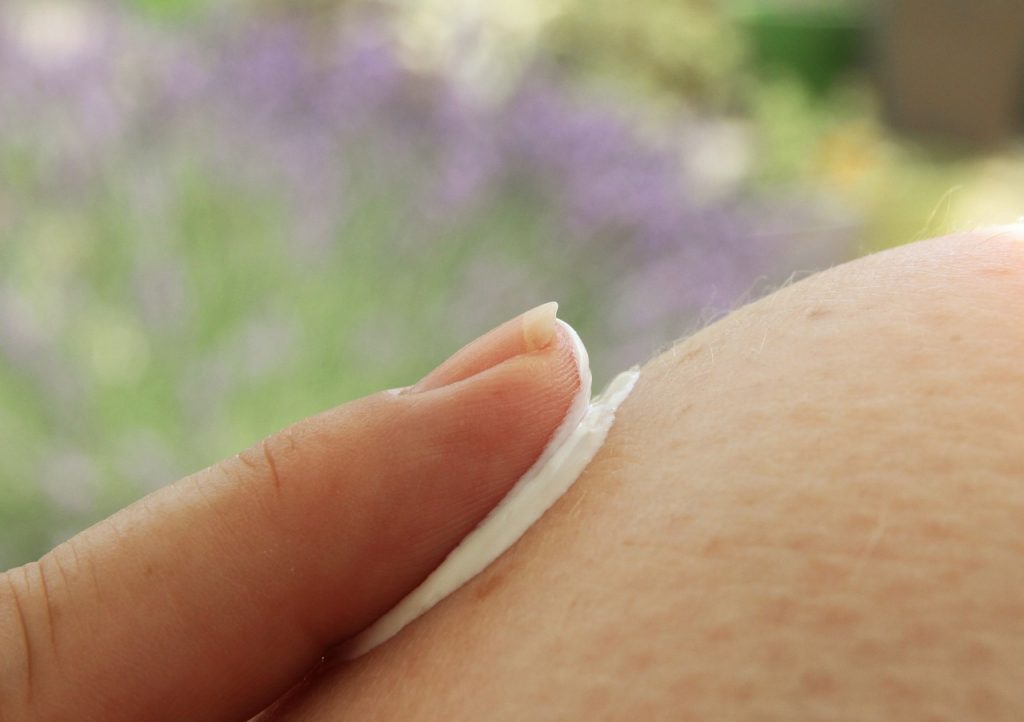A broad-spectrum sunscreen is the most essential item in your skincare routine. Applying (and reapplying) it every day is the surest way to protect yourself from UVA and UVB rays and the skin damage they cause. (Save for staying inside, of course.)
That said, there are some antioxidants that have the ability to boost our defenses and make our sunscreen even more effective. Just so we’re clear, what I’m suggesting is that these ingredients be used in combination with your sunscreen, not in place of it.
What’s so special about antioxidants? Well, they have the unique ability to both protect skin from damage before it occurs and offset visible signs of existing damage, including fine lines and wrinkles, hyperpigmentation, and uneven skin tone.
They protect skin by aligning with free radicals, which are unstable compounds that cause skin damage, before they can cause any destruction.
Not all antioxidants are the same, though. Some are much more powerful at specifically protecting against UV-induced skin damage. Let’s take a closer look at what they are and all they do.

Vitamin C
Vitamin C penetrates the skin deeply, which enables it to support the production of collagen and protect against sun damage. And there’s more. Because vitamin C has the ability to improve skin tone and texture, it can help diminish hyperpigmentation and dark spots caused by previous sun exposure.
If you have oily skin or are acne-prone, vitamin C will form a barrier on the skin that can prevent your sunscreen from causing acne breakouts. Just layer it on under your moisturizer and sunscreen.
Vitamin E
On its own, vitamin E can protect against and reduce sun damage at a cellular level. When it’s paired with vitamin C, it becomes even more of a powerhouse. Together, they’re able to provide even greater protection against UV damage.
Green tea
Using topical green tea – which is loaded with antioxidant-rich polyphenols – on a regular basis can lead to suppler skin and less visible signs of sun damage because it supports the production of collagen and elastin when it’s used in tandem with sunscreen.
Polyphenols also act as an anti-inflammatory, which can be useful for minimizing damage to and soothing sun-exposed skin. One of the most kinds in skincare products is EGCG, or epigallocatechin gallate, which has shown in studies to promote DNA repair in skin cells. That can help prevent nonmelanoma skin cancer caused by UV radiation.
Retinoids (vitamin A)
Topical vitamin A may be the MVP of this lineup. It boosts cell turnover, supports collagen and elastin production, and reverses existing signs of aging, fading hyperpigmentation and dark spots and smoothing out lines and wrinkles.
There are a couple of catches, though. First, retinoids can be harsh. They’re also generally unstable, which makes them susceptible to breaking down in sunlight. So, use them only at night. And be sure to apply sunscreen in the morning.


 4 Sneaky Skin-Irritating Ingredients
4 Sneaky Skin-Irritating Ingredients